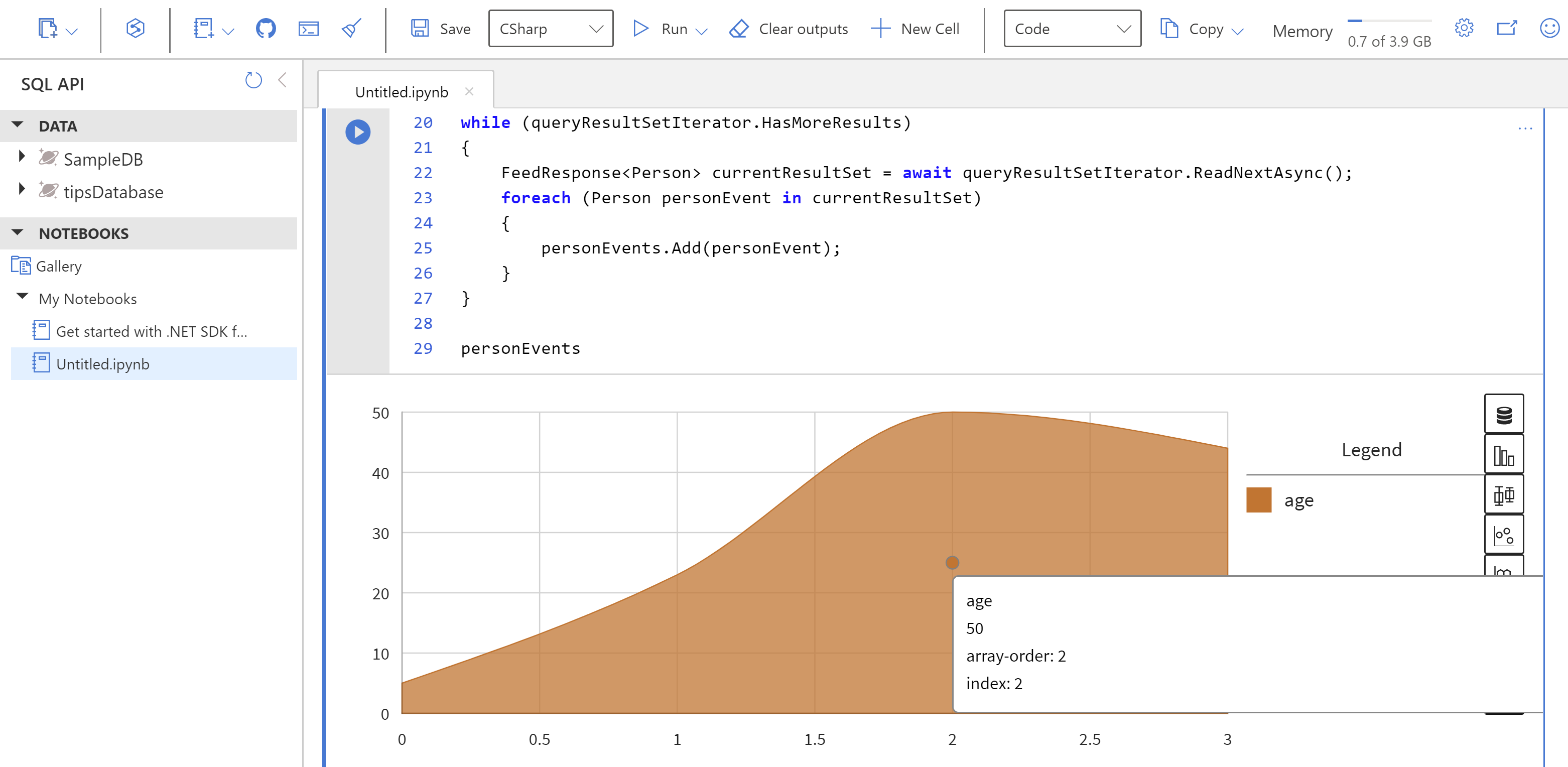



get the name, owner and collation of the user databases on the local instance " $seventhCellText = "Get-DbaDatabase -SqlInstance localhost -ExcludeSystem | Select Name, Owner, Collation " $Intro = New-ADSWorkBookCell -Type Text -Text $introCelltext $second = New-ADSWorkBookCell -Type Text -Text $SecondCelltext $third = New-ADSWorkBookCell -Type Code -Text $thirdcelltext $fourth = New-ADSWorkBookCell -Type Text -Text $fourthCelltext $fifth = New-ADSWorkBookCell -Type Code -Text $fifthcelltext $sixth = New-ADSWorkBookCell -Type Text -Text $sixthCelltext $seventh = New-ADSWorkBookCell -Type Code -Text $seventhCellText $path = 'C:\temp\dbatools. Bob Pusateri has a two-parter on Powershell notebooks. Azure Data Studio included this notebook functionality and added SQL kernel where with a little bit of faffing you could run PowerShell and then a Python kernel that enabled PowerShell. You can use the following attributes within the Windows PowerShell.
#AZURE DATA STUDIO POWERSHELL 6 NOTEBOOK HOW TO#
You can read more about dbatools and find the documentation at (dbatools.io) " $SecondCelltext = "# Installation You can install dbatools from the PowerShell Gallery using `Install-Module dbatools ` " $thirdcelltext = "Install-Module dbatools " $fourthCelltext = "# Getting Help You should always use `Get-Help` to fins out how to use dbatools (and any PowerShell) commands " $fifthcelltext = "Get-Help Get-DbaDatabase " $sixthCelltext = "Try a command now. Data Science folk used Notebooks for documentation and to show re-runnable research. Setting up Visual Studio Code Getting up and running with Visual Studio Code is quick. $introCelltext = "# Welcome to my Auto Generated PowerShell Notebook # dbatools !() dbatools is an open-source PowerShell Module for administering SQL Servers.


 0 kommentar(er)
0 kommentar(er)
